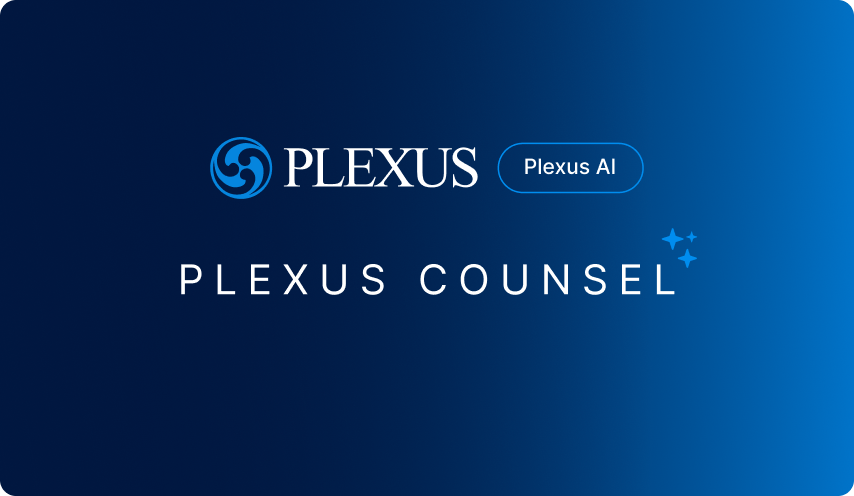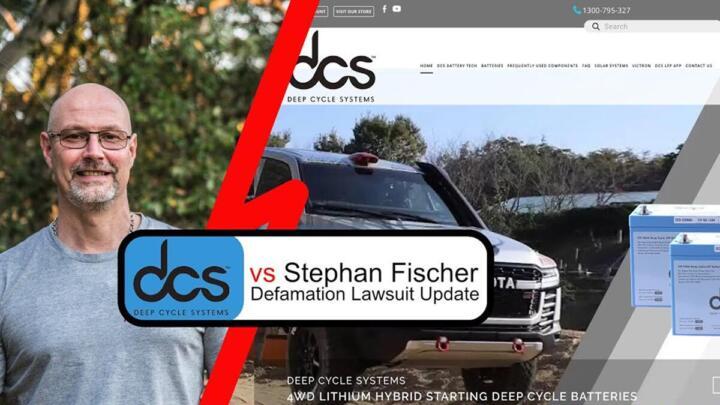5 trends that will drive legal strategies in 2023
Each year my team asks me to publish my predictions for the year ahead, and each year the challenge seems to get harder. Every year the world gets more complex, more volatile, and more difficult to predict. We all hoped that 2022 would be an easier, less crazy year than the Covid era that preceded it.

Andrew Mellett
December 21, 2022

or
However, as I foreshadowed in our 2022 predictions, rising interest rates have increased counterparty risk, and shifted the ‘pressure to do more with less’ to a mandate to do a lot more with 30% less resources in the many organisations we serve around the world.
Indeed, this year’s list is shorter, most of the trends we outlined last year will not only remain but intensify in 2023.
1. Cash has always been king, but lately, it has played the Jester
Obviously, the ultimate backdrop to 2023 will be that of a consistently high inflationary environment, coupled with the effects of a rapid reversal of Quantitative Easing and the ratcheting up of interest rates at unprecedented speed.
This is a short-term reversal of a 700-year-old trend. Money has been cheaper in the last five years than in any period in human history. In some countries, deposits entered negative territory.
Nominal bond yields, GDP- and arithmetically-weighted, 1314 – 2018.
In economics, most things revert to the mean. So this reversal is long overdue. High inflation has been present for a number of years, it was just abnormally distributed.
Now inflation is like overseas relatives at Christmas — here to stay for longer than we might like.
This will mean three things for in-house teams:
-
Businesses will need to get better at passing cost increases through the value chain via ‘inflation adjustment mechanisms’ in contracts.
-
High-interest rates will put enormous cost and balance sheet pressure on suppliers and customers — leading to vastly higher counterparty risk, greater instances of default and, with it, increased litigation.
-
The increased cost of capital and deteriorating economic environment will ratchet up cost pressure on the legal function. General Counsels can expect budget and headcount freezes to be introduced and a heightened focus on external spend management.
Where once the mandate of the legal function was to create certainty and stability now the mandate has shifted to one of helping the organisation be more nimble and agile. Where once lawyers contracted for certainty, now they must contract for flexibility.
This will accelerate the overarching trend to become ‘The Agile Legal Function’.
2. The adoption of legal tech will accelerate and consolidate
When you look at the list of GCs top challenges (see below) you note two things:
1. For the first time ‘struggling to develop a digitalisation strategy’ is the second top priority.
2. Almost every other priority can be fully or partially addressed by adopting technology.
We were somewhat surprised in our latest GC Thought Leaders survey to find that the average function is expecting to increase spending on legal technology so dramatically over the next two years — from an average of around 1% of their budget to an average of over 5% of their total budget!

However, while the overall Legal Technology category will expand over the next two years a recent ACC survey shows this spend will concentrate on proven categories such as Contract Management, eSignature, Matter Management and Contract Automation, and on more established vendors like Plexus — who have the revenue and balance sheet to ride out the coming economic storm.
The days of ‘betting on’ bleeding-edge technology like Smart Contracts or unproven vendors are over, as many of these companies will fail to receive sufficient funding from both clients and Venture Capitalists to survive the next two years. Many will either fail or end up as ‘zombie companies’ who don’t have sufficient resources to invest in enough R&D to stay relevant.
3. Legal AI will for the first time be both actual & intelligent
When the legal industry first entered the ‘AI Hype Cycle’ over five years ago we correctly forecast that Legal AI was ‘high on artificial, low on intelligence’. We argued that ‘people would overestimate the potential of AI in the short term and underestimate it in the long term’. As forecast in last year’s 2022 predictions, this was the year AI showed its potential. The arrival of Chat GPT shows we are now in for the long term and for once the hype is real.
Doubt me? Below was written entirely by Chat GPT3 — with no human intervention.
Can it give high-level legal advice? Yep.
You can even get it to do things no self-respecting lawyer would do. Like draft an NDA in the style of a pirate:
Chat GPT3 was developed by OpenAI, a four-year-old company led by Y Combinator’s Sam Altman and funded by, you guessed it, Elon Musk. It reached 1 million users faster than any other social product in history.

Time taken to reach 1m users (mths)
We can expect it, along with peers like DeepMind, to become exponentially better in the years to come.
4. Changing organisation design and distributed teams
There is a fundamental shift going on in the way leading GCs are thinking about their legal functions. GCs historically have had limited thought about the design of their organisation — defaulting to a ‘central pool’ structure (for smaller teams) or ‘mapping’ to the business’s org chart. However, this ingrains a misalignment of resources — hence 66% of GCs rate ‘struggling to align resources to the highest impact business need’ as their top problem.
This move to a more ‘Agile’ operating model opens a panacea for legal functional improvement: Wider adoption of technology, more focused external spend, better business alignment, evolving functional capabilities, lower total legal cost, shorter cycle times etc. However, one of the easiest to implement is what we call ‘the micro LPO’ (Legal Process Outsourcer). As legal functions embrace Agile operating models and ‘distributed teams’ it is suddenly easier for them to ‘offshore’ elements of work. Where once to justify the engagement of an LPO businesses needed millions of dollars of spend. Today they can, for example, hire a single paralegal in Manila for $20,000 a year to boost their productivity.
5. The move to agile legal functions
For the most part, legal functional design principles were developed using ‘industrial era’ and ‘law firm’ thinking. Yes, there have been advancements in the ‘in-house profession’ and moves like the introduction of Legal Transformation and Legal Operations have moved the ball forward. However, legal functions are still largely siloed, static, inflexible organisations that struggle to match the needs of increasingly agile organisations in increasingly volatile environments. We show in our latest research ‘The Agile Legal Function’ a small group of highly progressive legal functions are adopting ‘Agile’ and ‘Lean’ principles to dramatically magnify their impact. As shown below, the move to ‘Agile’ cuts across all elements of how functions are run.
The snakes and ladders of the year ahead
If Covid taught us anything it is that forecasting is difficult. Particularly when attempting to forecast the future in an increasingly VUCA world. However, just as we can predict that the sun will rise tomorrow, we can predict that businesses and regulatory environments will intersect in increasingly complex ways, the pace of innovation and change will accelerate and the pressure for GCs to shift the way their functions operate will increase in the year ahead.
The functions that prioritise the time to improve themselves will see the ascendancy of Legal and with it CEOs will vote with their dollars. For those who don’t, the consequences will become increasingly extreme as regulators such as Australia’s ASIC have recently shown.
The trends listed above are likely to play out for a decade or more. The time to start acting on them is now.
If you’re interested in how you can take advantage of these trends, get in touch.


Andrew Mellett
Andrew Mellett is the Founder and CEO of Plexus, a global leader in AI-powered legal technology. Recognised by the Financial Times and Harvard Business Review for his pioneering work in legal innovation, Andrew leads Plexus’s mission to train digital lawyers, helping the world’s top companies streamline legal operations and scale expertise with artificial intelligence.
All your legal work in one AI-powered platform.
Faster reviews, self-service for business teams, and smarter compliance in every workflow.
Stay informed with legal ops insights
Monthly legal ops news, straight to your inbox.







